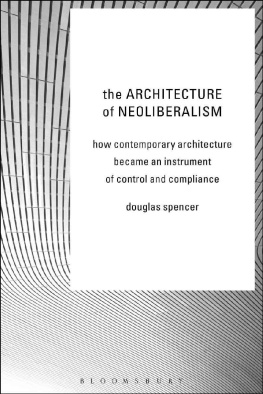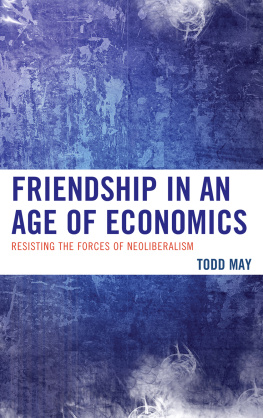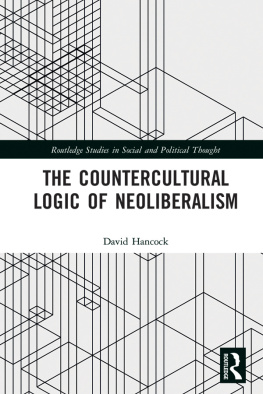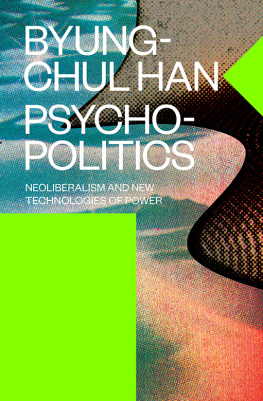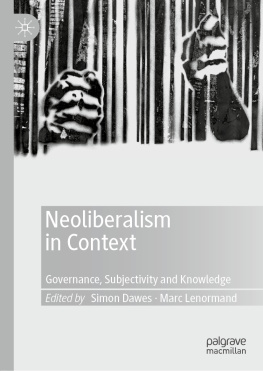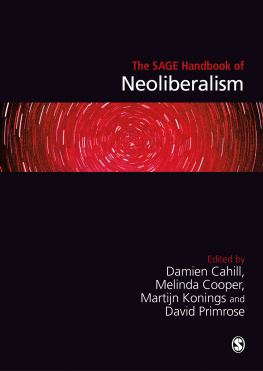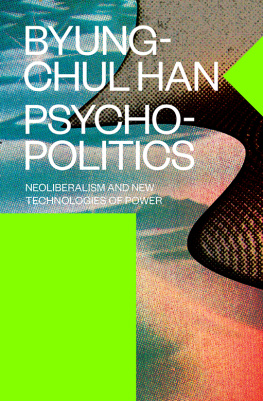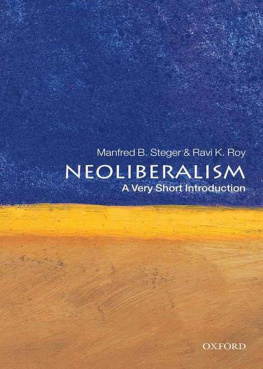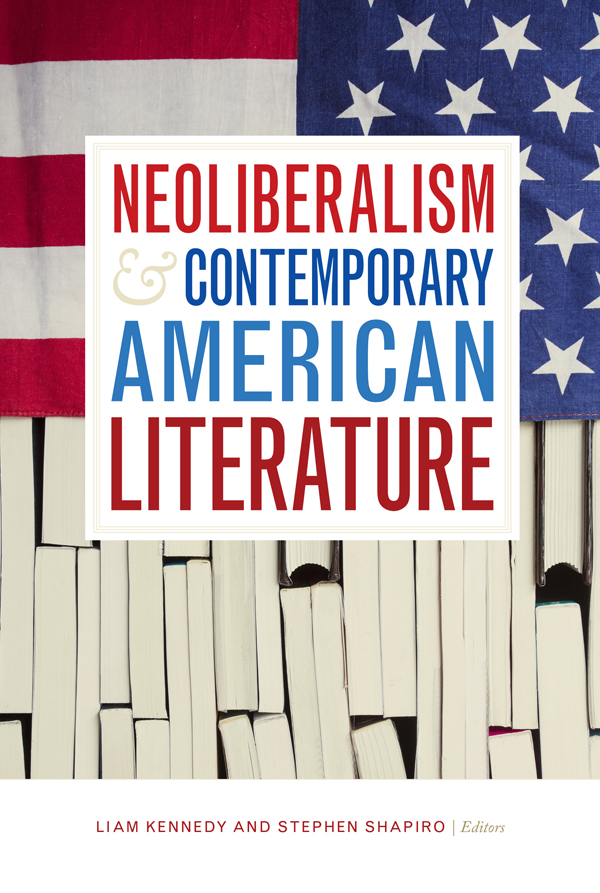Contents
Guide
Pagebreaks of the print version
RE-MAPPING THE TRANSNATIONAL
A Dartmouth Series in American Studies
SERIES EDITOR
Donald E. Pease
Avalon Foundation Chair of Humanities
Founding Director of the Futures of American Studies Institute
Dartmouth College
The emergence of Transnational American Studies in the wake of the Cold War marks the most significant reconfiguration of American Studies since its inception. The shock waves generated by a newly globalized world order demanded an understanding of Americas embeddedness within global and local processes rather than scholarly reaffirmations of its splendid isolation. The series Re-Mapping the Transnational seeks to foster the cross-national dialogues needed to sustain the vitality of this emergent field. To advance a truly comparativist understanding of this scholarly endeavor, Dartmouth College Press welcomes monographs from scholars both inside and outside the United States.
For a complete list of books available in this series, see www.upne.com.
Liam Kennedy and Stephen Shapiro, editors, Neoliberalism and Contemporary American Literature
Florian Tatschner, The Other Presences: Reading Literature Other-Wise after the Transnational Turn in American Studies
Julius Greve, Shreds of Matter: Cormac McCarthy and the Concept of Nature
Elisabeth Ceppi, Invisible Masters: Gender, Race, and the Economy of Service in Early New England
Yael Ben-zvi, Native Land Talk: Indigenous and Arrivant Rights Theories and the US Settler State
Joanne Chassot, Ghosts of the African Diaspora: Re-Visioning History, Memory, and Identity
Samuele F. S. Pardini, In the Name of the Mother: Italian Americans, African Americans, and Modernity from Booker T. Washington to Bruce Springsteen
Sonja Schillings, Enemies of All Humankind: Fictions of Legitimate Violence
Gnter H. Lenz, edited by Reinhard Isensee, Klaus J. Milich, Donald E. Pease, John Carlos Rowe, A Critical History of the New American Studies, 19701990
Helmbrecht Breinig, Hemispheric Imaginations: North American Fictions of Latin America
Jimmy Fazzino, World Beats: Beat Generation Writing and the Worlding of U.S. Literature
LIAM KENNEDY AND STEPHEN SHAPIROEDITORS
NEOLIBERALISM AND CONTEMPORARY AMERICAN LITERATURE
DARTMOUTH COLLEGE PRESS
HANOVER, NEW HAMPSHIRE
Dartmouth College Press
2019 Trustees of Dartmouth College
All rights reserved
Manufactured in the United States of America
For permission to reproduce any of the material in this book, contact Permissions, Dartmouth College Press, 6025 Baker-Berry Library, Hanover, NH 03755; or email
Library of Congress Cataloging-in-Publication Data available upon request
Hardcover ISBN : 978-1-5126-0360-6
Paperback ISBN : 978-1-5126-0361-3
Ebook ISBN : 978-1-5126-0362-0
5 4 3 2 1
For our former teachers,
Bill Lazenbatt and David L. Smith
And for Anne and Milla.
CONTENTS
LIAM KENNEDY AND STEPHEN SHAPIRO
I JELLY-SCHAPIRO
TEPHEN SHAPIRO
YKA TUCKER-ABRAMSON
HAMILTON CARROLL
RISTIAN P. HAINES
DONALD E. PEASE
LIAM KENNEDY
CAREN IRR
SHARAE DECKARD
DAN HASSLER-FOREST
ACKNOWLEDGMENTS
WE WISH TO THANK all of those who helped to organize and participated in the conference on Neoliberalism and American Literature at University College Dublin in 2016, which was a key platform for the inception of this book. In particular, thanks to Catherine Carey of the UCD Clinton Institute for her support with that event. We are grateful to Richard Pult at University Press of New England for his faith in this project and patience with its development.
INTRODUCTION
LIAM KENNEDY AND STEPHEN SHAPIRO
NEOLIBERALISM IS A TERM that confuses as much as it illuminates, not least of all because it refers to both material and ideological transformations in relations between capitalism, the State, and the subject. Its usage entails discrete yet interlinked histories of a material transformation in capitalist regimes of accumulation and an ideological and discursive shift in the logics of governmentality and modes of social regulation that has intensified capitalist commodification of human relations. The immanence of the neoliberal presentwhat we will define here as the contemporaryis a particular moment in this relationship, which reflects altered relations between capital and culture, and the expansion and dissemination of market values across fields of representation and social experience. The dominance of neoliberal capital is such that it is thought to subsume our capacities to imagine alternatives and render cultural production a site for the reproduction and naturalization of competitive market values. These epistemic changes under conditions of neoliberal hegemony have particular implications for the making and meaning of literature. Does it make sense to speak of an American literature in neoliberal times? Can literature function as either an innocent category or a privileged narrative of national imagination at a time of manifold crises for paradigms of the nation-state and of liberal capitalism? In the United States, as elsewhere, the conjunction between the nation-state, liberal capitalism, and literary form has a long history, bespeaking determinate relations between writer and reader within an imagined national community. As this community loses the coherence gained from symbolic efficiency in the age of neoliberal capital, so, too, do the parameters and possibilities of literary production and representation shift. Neoliberalism and Contemporary American Literature examines how literature both models and interrogates the neoliberal present.
Neoliberalism and the Contemporary
Discussions of neoliberalism can often tend toward the diffuse due to the multiple objects that the term is often marshalled to cover. Taylor Boas and Jordan Gans-Moore suggest that Neoliberalism is commonly used in at least five different ways in the study of development: as a set of economic policies, a development model, an ideology, an academic paradigm, and an historical era. Moreover, beyond a shared emphasis on the free market and frequent connotations of radicalism and negativity, it is not immediately clear how these varied uses are interconnected.
Firstly, neoliberalism proposes a significantly different configuration of the relations among the State, national and world markets, the enmeshed polity and those excluded from this category, and the management of social reproduction, including cultural communications, than those found within a particular phase of liberalism, sometimes known as Fordism, that is characterized within the United States by the double hinge of the New Deal phase of the 1930s and 1940s and an ensuing military Keynesianism from the late 1940s until the first third of the 1970s. Although aspects of neoliberalism do engage with aspects of liberalism, as understood as emerging within the mid- to late-eighteenth-century argumentsoften called classical political economy and exemplified by Adam Smiththe first perspective in discussions of neoliberalism must be one that places it in contrast to processes specific to the twentieth century that arose as responses to the Great Depression and its attendant socio-political emergences, such as the far-right corporate nationalism of the Nazi, Fascist, and Falangist regimes.


